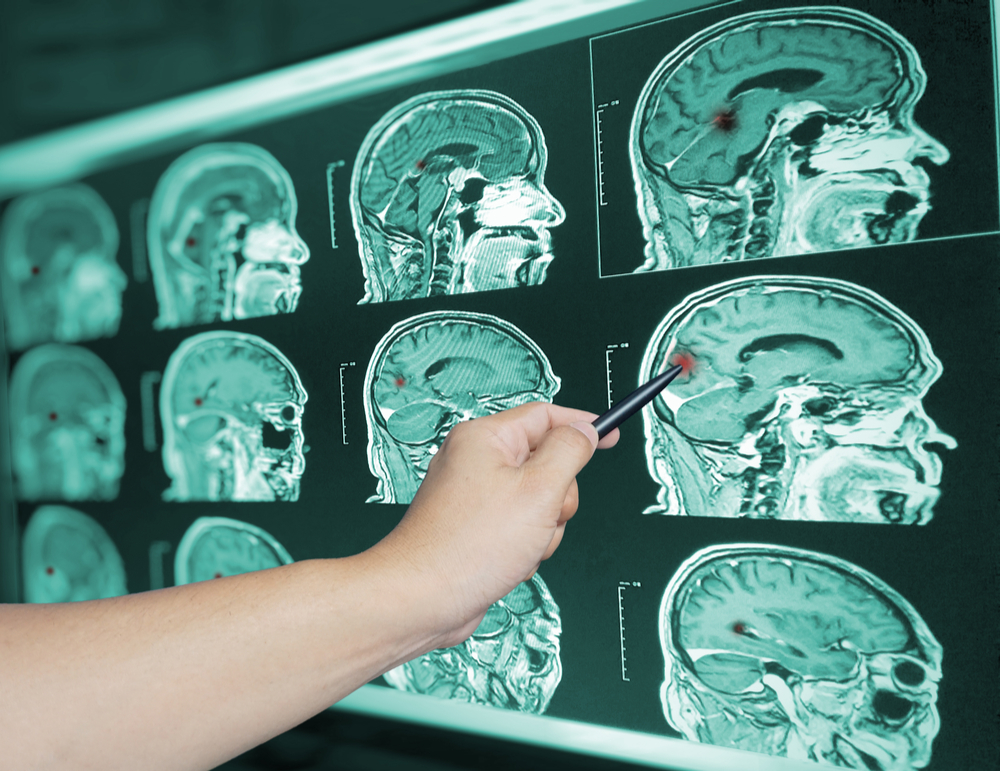



There is a reason why traumatic brain injuries (TBIs) are called silent epidemics – most are undiagnosed. The injury is considered one of the least understood causes of death in the US and the most common.
TBI Signs and Symptoms
If it is diagnosed in time, you can recover even if you suffer a TBI. That’s because once it is diagnosed, your physician can connect with neurosurgeons and other medical professionals who can prescribe the treatments and medication necessary to heal your brain injury.
However, not all doctors come to this conclusion after an initial assessment since TBI symptoms can be attributed to other conditions. These are the signs and symptoms of traumatic brain injuries that can be misdiagnosed:
How TBIs Can Go Undiagnosed
Some signs and symptoms of TBIs are apparent, but others, such as memory loss and behavioral changes, can take weeks or months to manifest. For example, if you suffer a TBI, you may be able to sleep soundly at night but may have difficulty concentrating in the morning. Your doctor may attribute these symptoms to PTSD or depression, two common conditions after serious accidents.
Even an MRI and CT scan may miss a traumatic brain injury. That’s because some imaging machines cannot detect axonal injuries, and many doctors scope scans for life-threatening ones such as brain swelling and bleeding. Even ER doctors can miss these injuries, but they do so at the patient’s peril.
Even if doctors suggest a thorough evaluation of a potential TBI, most patients shrug off their concerns and forego treatment because they think their injuries are not serious. They fail to understand that even mild symptoms can point to major issues that can exacerbate their condition and make it life-threatening down the line.
So if you are involved in an accident and got a concussion, never rule out traumatic brain injuries. If your doctor says otherwise, always get a second opinion and always keep your follow-up appointments. The condition can worsen with time and may or may not appear on brain scans immediately after an accident.
Get In Touch With the Law Offices of John V. O’Connor
If you or someone you know has been injured in a car accident or a slip and fall accident that caused a traumatic brain injury, you need a Kenosha personal injury lawyer in your corner. They will ensure you get the compensation you deserve from the at-fault party. This is where The Law Offices of John V. O’Connor comes in.
We offer skilled legal counsel to individuals who seek compensation for damages in Kenosha, WI. Our lawyers will first meet with you to understand your case’s particulars and then develop a sound strategy for maximum compensation. Get in touch with us for a free consultation today by dialing (262) 605-8400.


